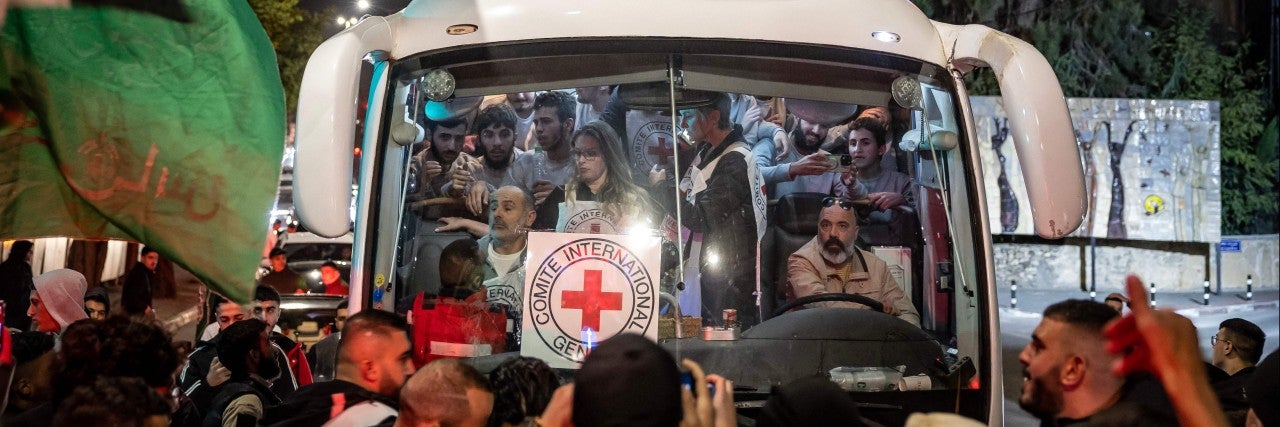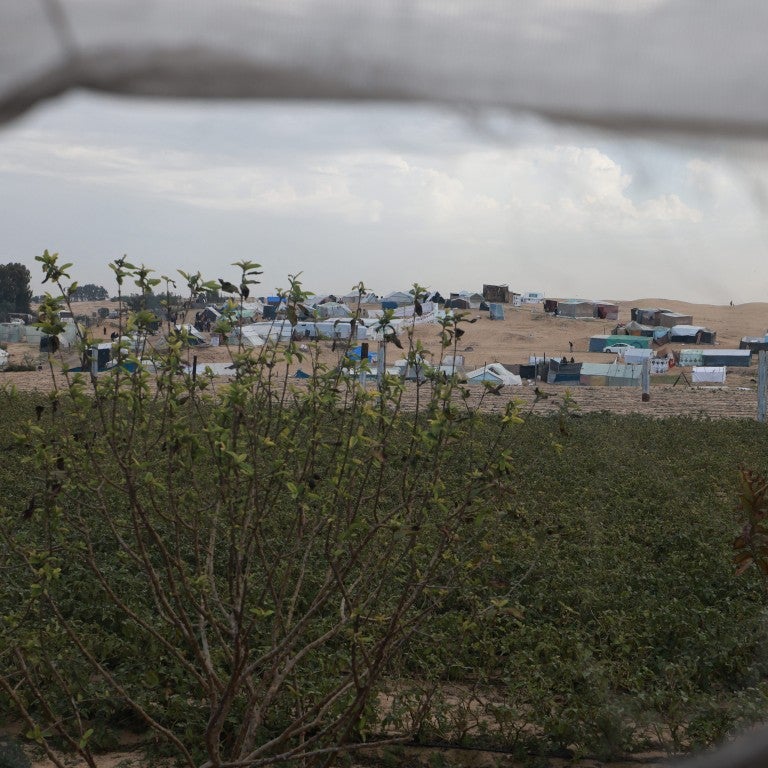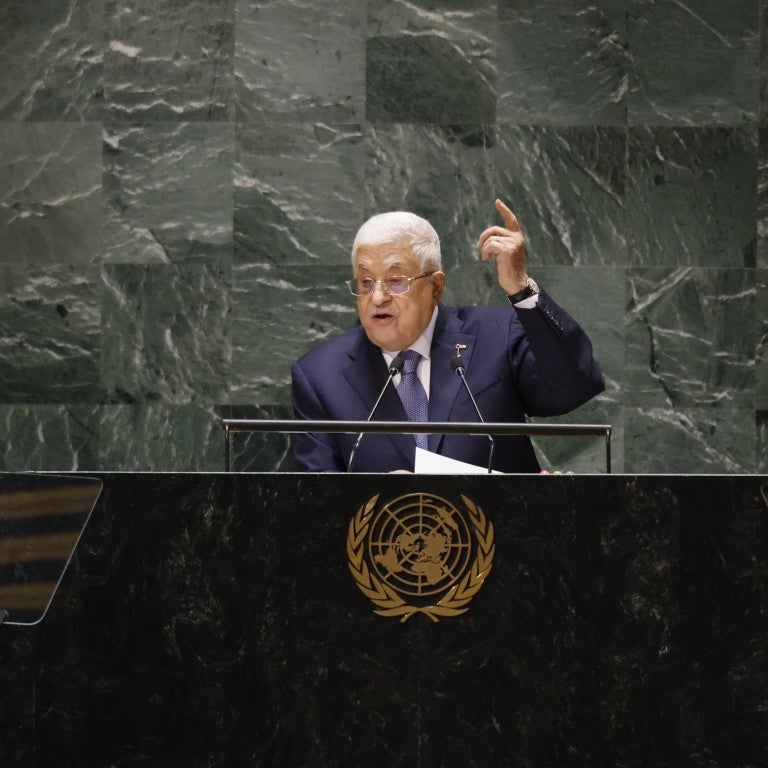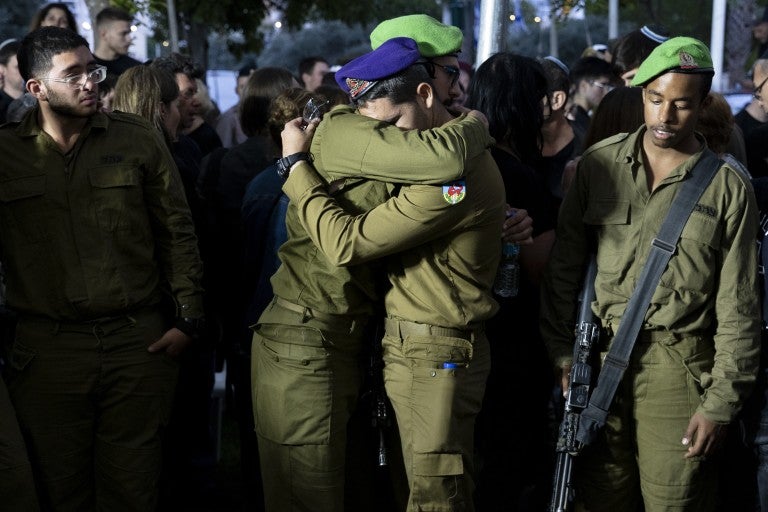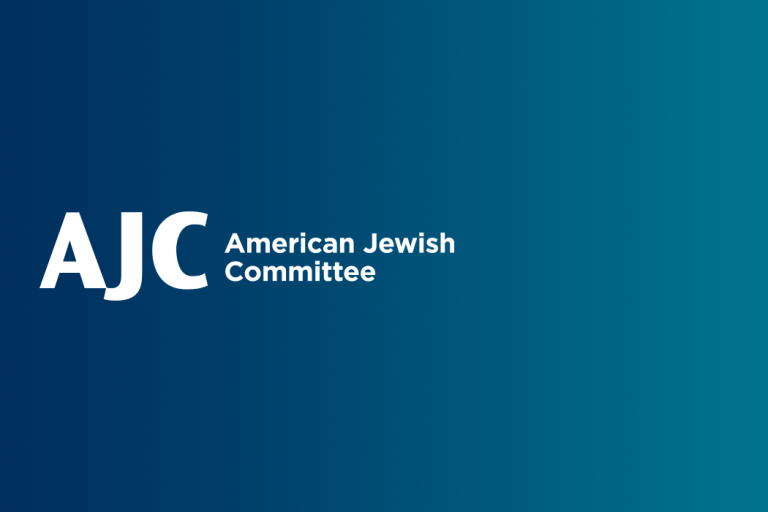November 28, 2023
An agreement between Israel and the Palestinian terror group Hamas was reached on November 21 for the release of 50 Israeli hostages, who are among the over 200 taken by the terror group during the October 7 attack on Israel.
In exchange for their release, Israel would release 150 Palestinian prisoners held after terror- and other violence-related convictions in Israel, and maintain a four-day pause in fighting. This pause has now been extended for two additional days. The agreement was announced after weeks of negotiations that involved the United States, Egypt, and Qatar, which acted as mediators with Hamas.
While many have welcomed the deal, including AJC, it is important to make a clear distinction between the groups of people being exchanged. Here is what you need to know:
- Why there is no moral equivalency between the hostages taken by Hamas and Palestinian prisoners
There is a clear distinction: The Palestinians held in Israeli jails made an active choice to commit a crime, while the only “crime” committed by the Israeli and other foreign hostages was that they were Jewish or were in Israel.
As part of the deal brokered between Israel and Hamas, 50 Israeli women and children who were abducted on October 7 will be freed. The Israelis and other foreign nationals being released are innocent women and children, including the elderly, the disabled, toddlers, and babies, many of whom were snatched from their homes by Hamas terror squads in the early morning of October 7.
Four-year-old Abigail Edan, an Israeli-American girl who was released on November 26, witnessed her parents being murdered by Hamas terrorists before being kidnapped.
Doron Katz Asher, a 34-year-old Israeli-German citizen, and her two daughters, Raz 4, and Aviv 2, were taken from their grandmother’s home in Kibbutz Nir Oz. Their grandmother, Efrat Katz, was murdered by Hamas. Doron, Raz, and Aviv were released by Hamas on November 24.
Meanwhile, the Palestinian prisoners who were released by Israel were convicted of attempted murder, assaulting police officers, rock-throwing, hurling firebombs, arson, and/or possession of firearms or explosives. A number of Palestinian prisoners belong to internationally designated terrorist groups, including Hamas, Palestinian Islamic Jihad, and the Popular Front for the Liberation of Palestine (PFLP).
- What crimes did some of these Palestinian prisoners commit?
While some of the Palestinians released from Israeli prisons were incarcerated for minor crimes, some have been involved in violent crimes and bloody terrorist attacks. The prisoners who have been released were all selected from a list of 300 prisoners chosen by Israel’s Justice Ministry and approved by Israel’s cabinet.
According to data provided by the Israeli government, at least 55 percent of the 117 prisoners released during the first three days of the temporary truce between Israel and Hamas had been held for violent crimes, including 10 for attempted murder, 13 for inflicting serious bodily harm, 19 for placing a bomb or throwing an incendiary device, seven for shooting at people, and five for assault.
Twenty-one percent of the released prisoners were listed as affiliated with a recognized terrorist organization, including Hamas, Palestinian Islamic Jihad, and the Popular Front for the Liberation of Palestine.
One of the female prisoners released is Misoun Mussa, who was sentenced to 15 years for stabbing an Israeli soldier in Jerusalem in 2015.
Expose Hamas' Terror and Learn the Facts
Another is Marah Bakeer, who was arrested in October 2015 when she was 16 after stabbing an Israeli Border Police officer.
Asra Jabas, a Palestinian from East Jerusalem, blew up a gas cylinder at a checkpoint near the Israeli settlement of Ma’ale Adumim in 2015, wounding an Israeli police officer.
Another prisoner released was Nurhan Awad, who was 17 when she was sentenced to 13 and a half years in prison in 2016 for attempting to stab passersby with a pair of scissors with her cousin, Hadil Award, who was shot dead during the 2015 attack.
- Why are the numbers so disproportionate?
What does Israel value above all else? Life. For this reason alone, Israel has a long-standing policy of doing whatever it takes to secure the safe release of hostages kidnapped by terrorists. And that is why in exchange for the innocent hostages taken on October 7 so many more Palestinian prisoners have been released despite the blood on their hands. As part of the agreement, for every one Israeli hostage released, three Palestinian security prisoners are released.
The reunion of these hostages with their families is a priority for a nation that has seen so many lives lost in terrorist attacks and war since it declared independence in 1948.
In 2011, after more than five years of negotiating, Corp. Gilad Shalit became the first soldier to be released alive by anti-Israel terrorists in more than a quarter century. Israel swapped more than 1,000 prisoners for his return.
